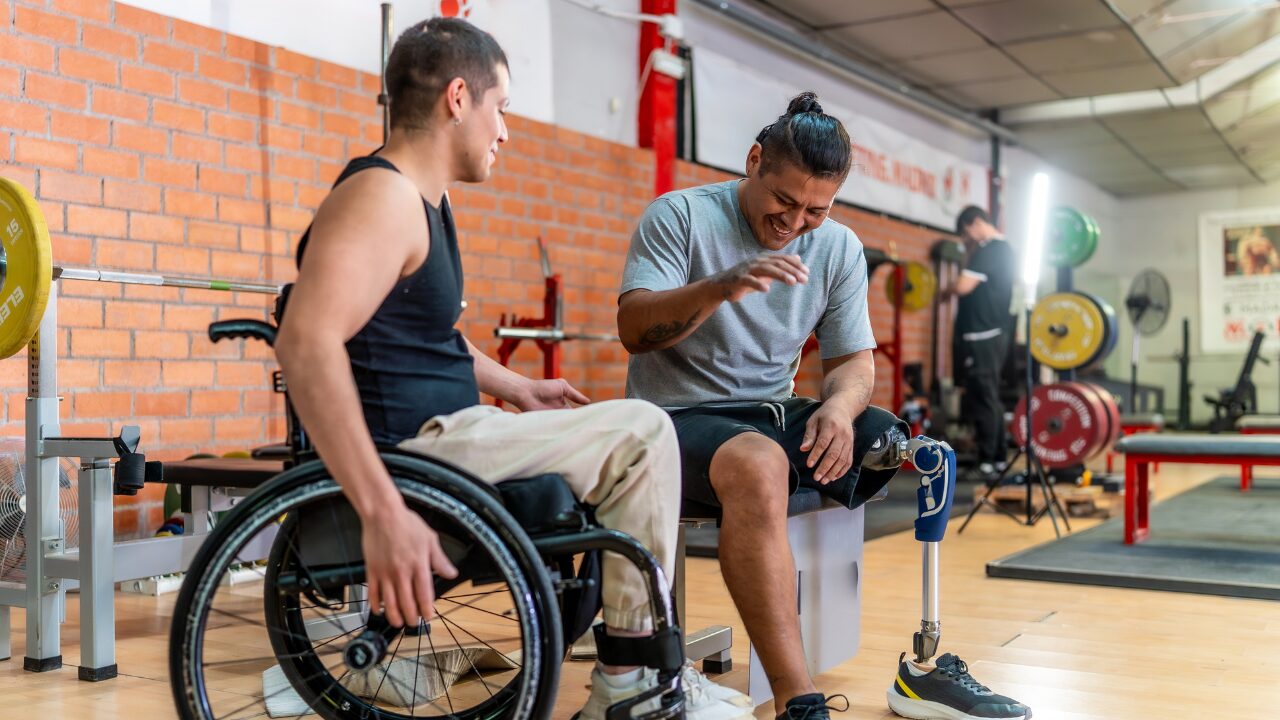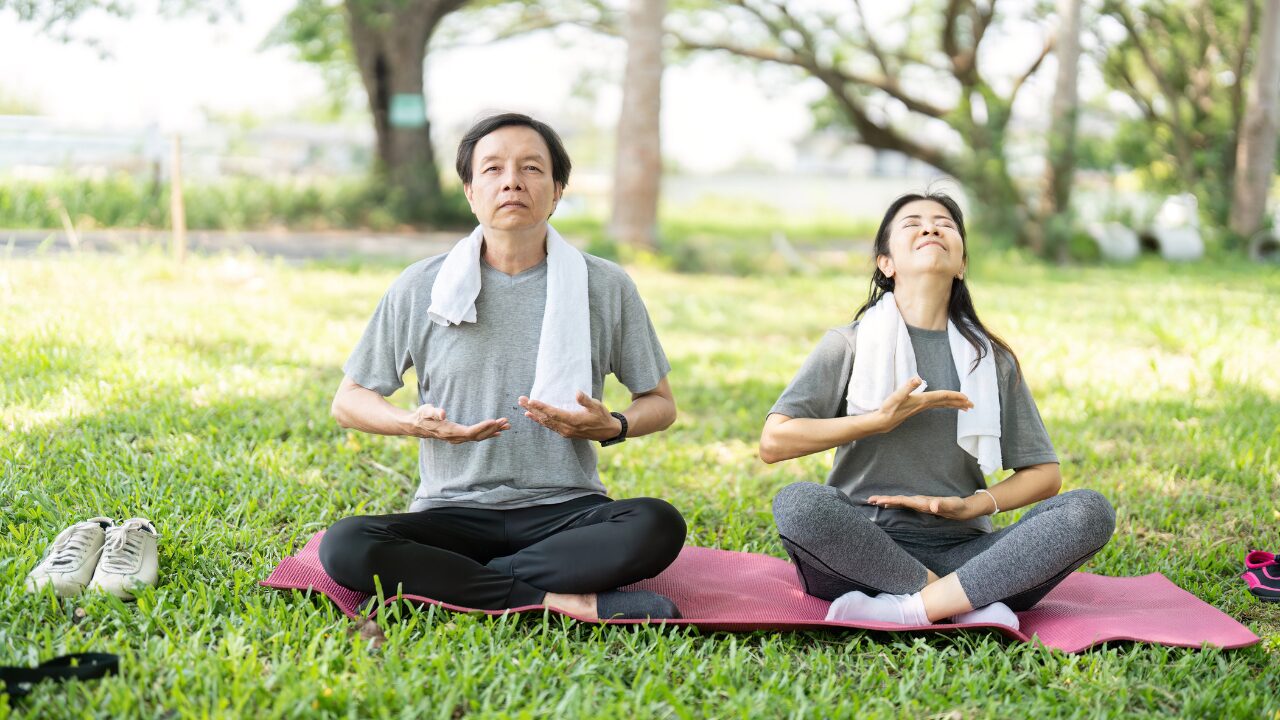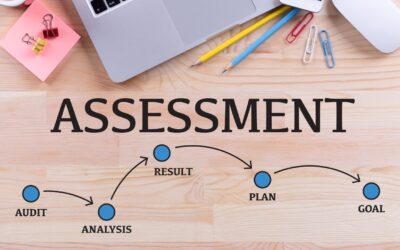Quick Answer
NDIS physical activity support helps participants improve mobility, strength, mental health, and independence through evidence-based exercise physiology programs delivered by accredited exercise physiologists. These programs are funded under NDIS Capacity Building categories and are tailored to individual needs, goals, and daily living requirements.
Introduction to NDIS Exercise Physiology

Exercise physiology plays a vital role in the National Disability Insurance Scheme, supporting people with disability to reach their fitness, mobility, and wellbeing goals.
Accredited exercise physiologists use effective exercise interventions that help participants improve physical function, manage health conditions, and build confidence in everyday activities.
NDIS exercise physiology services are available under Capacity Building categories such as Improved Daily Living Skills and Improved Health and Wellbeing. These therapy supports focus on better health, greater independence, and improved functional capacity.
Participants can work with an exercise physiologist to create personalised exercise programs that match their NDIS goals, lifestyle, and medical conditions.
Understanding the Role of Exercise Physiology
Exercise physiology is a specialised allied health discipline that focuses on the human body and how physical activity supports better health and performance.
Through structured programs, an accredited exercise physiologist designs safe and effective exercise interventions for people with physical, intellectual, or mental health challenges.
NDIS exercise physiology programs may assist with:
- muscle strength
- motor skills
- improved daily living skills
- chronic conditions
- pain management
- functional capacity
- overall health
These services support individuals with disability to participate in daily life, community activities, and work towards long term fitness goals.
For general reference on professional exercise physiology standards, see the Exercise & Sports Science Australia website.
Benefits of Physical Activity for NDIS Participants

Regular physical activity is essential for both physical and mental health. A well-designed exercise physiology program can reduce the risk of chronic diseases, improve mobility, and support emotional wellbeing.
NDIS physical activity support can:
- improve muscle strength and endurance
- support mental health and emotional regulation
- reduce symptoms from chronic diseases
- improve sleep quality
- increase independence in daily activities
- support people with intellectual disabilities through structured routines
Physical activity also helps participants build confidence and feel more capable in their everyday activities.
For further reading on physical activity benefits, visit the Australian Government Health Department.
The Role of Allied Health Professionals
Accredited exercise physiologists are qualified allied health professionals who work alongside occupational therapists, physiotherapists, and other specialists.
This multidisciplinary team approach supports participants in a holistic and comprehensive way.
Allied health professionals collaborate to address:
- physical function
- chronic conditions
- daily living skills
- risk awareness
- mobility challenges
- motor skill development
Occupational therapists provide assessments that support functional goals, while exercise physiologists design fitness programs that improve physical and mental wellbeing.
This collaborative approach ensures participants receive the right support across multiple areas of life.
How NDIS Funding Works for Exercise Physiology

NDIS funding for exercise physiology is available primarily through two support categories:
1. Improved Daily Living (Capacity Building)
Supports the development of daily living skills, physical function, and independence.
2. Improved Health and Wellbeing (Capacity Building)
Supports fitness, chronic condition management, and general health improvements.
Participants can access exercise physiology services through their NDIS plan, depending on their goals and specific support needs. Funding covers assessments, therapy sessions, exercise programs, and personal training support where clinically appropriate.
NDIS pricing arrangements and price limits determine the maximum billable amount for exercise physiology services. You can find updated price guides directly from the NDIS Pricing Arrangements page.
Achieving Your Fitness and Well being Goals

NDIS Support on exercise physiology services allow participants to work toward meaningful and realistic fitness goals. Whether it is building balance, improving mobility, or supporting mental health, exercise physiologists design programs that match the person’s abilities and lifestyle.
Participants may work towards goals related to:
- daily living skills
- muscle strength
- weight management
- mobility and coordination
- improved health
- chronic pain reduction
- manage pain
- greater independence
- increased participation in community activities
Personalised exercise programs also support better adherence, motivation, and long term success.
Working with NDIS Exercise Physiologists
NDIS exercise physiologists provide services to focus on evidence-based practice and participant-centered planning.
They design programs that reduce risk, support medical conditions, and improve functional capacity.
A typical exercise physiology session may include:
- functional assessments
- strength or cardio training
- skill development
- education on health concerns
- guidance on fitness equipment
- pain management strategies
They also help participants stay motivated, track progress, and refine their fitness program as goals evolve.
Multidisciplinary Care and Collaboration
Participants often benefit most when their services come from a multidisciplinary team. This may include:
- physiotherapists
- occupational therapists
- support coordinators
- personal trainers
- exercise physiologists
- plan managers
A multidisciplinary team ensures that therapy services align with the participant’s goals, abilities, and overall health needs.
Getting Started with NDIS Physical Activity Support
Starting NDIS physical activity support is a straightforward process.
Participants can:
- Review their NDIS plan goals.
- Speak with their support coordinator.
- Request a referral to an exercise physiologist.
- Develop a service agreement with the chosen provider.
- Begin their personalised exercise physiology program.
Participants can also search for registered providers directly on the NDIS Provider Finder, or learn more about NDIS disability employment opportunities for people with disabilities.
Why Choose Re.Connect Support Services for NDIS Physical Activity Support

Re.Connect Support Services provides high quality NDIS physical activity support designed to help participants build strength, confidence, and independence.
Our team connects you with accredited exercise physiologists, allied health professionals, and reliable support staff who understand your goals and genuinely care about your wellbeing.
We assist participants in navigating their NDIS plan, understanding capacity building categories, and accessing exercise physiology programs that match their unique needs. Whether you want to improve mobility, manage chronic conditions, build daily living skills, or work toward long term fitness goals, we help you get the right support every step of the way.
At Re.Connect, we believe that physical activity and well being should be safe, enjoyable, and achievable. Our commitment is to support individuals with disability through personalised programs, better health outcomes, and a compassionate approach that empowers greater independence.
Ready to get started with NDIS physical activity support?
Reach out to Re.Connect Support Services today and let us help you build a stronger, healthier, and more independent future.


